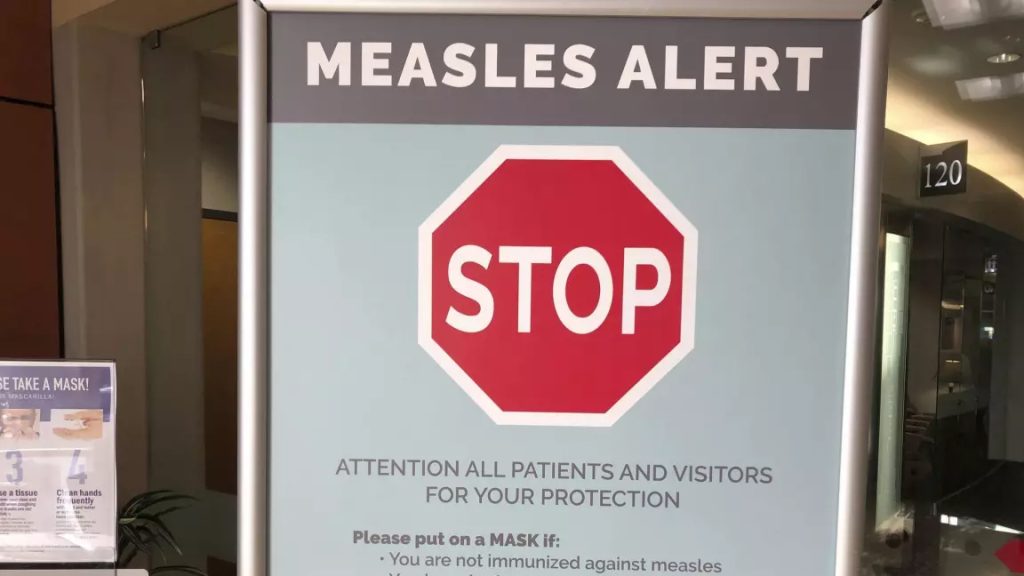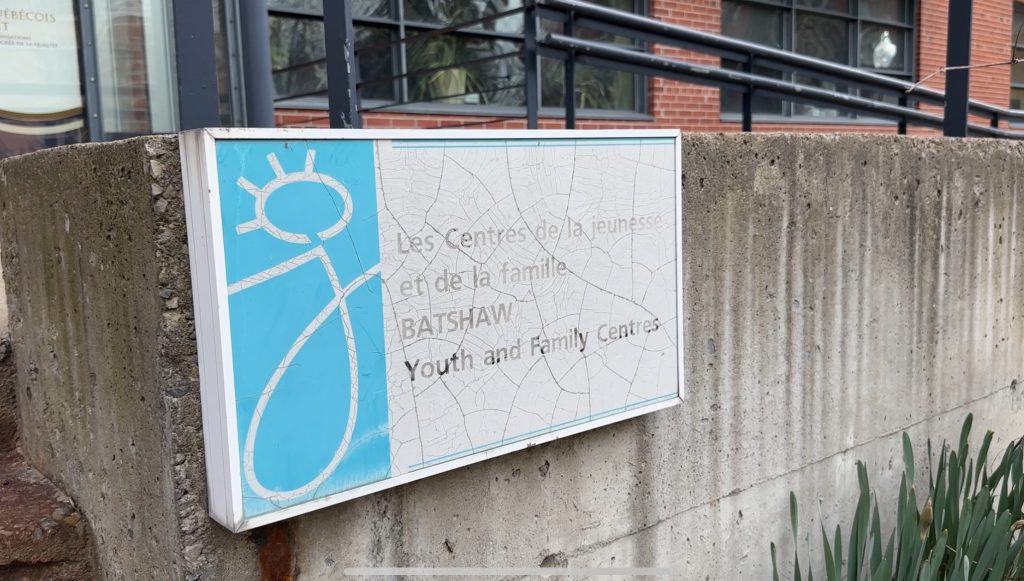Pandemic responsible for Canadian bedroom boredom: survey

Posted March 2, 2021 5:29 pm.
Last Updated March 2, 2021 9:19 pm.
VANCOUVER (NEWS 1130) — A recent study suggests some Canadians have been treating sex as part of their list of things to do, as opposed to something enjoyable, and the shift is mainly due to the COVID-19 pandemic.
Dr. Lori Brotto is the Canada Research Chair in Women’s Sexual Health, and is also a professor at the University of British Columbia, and says the study was inspired by the idea that people were hopping into bed more while isolated, thereby potentially fuelling a baby boom.
About 1,200 Canadians were surveyed and followed over time, and their responses were tracked anonymously. Researchers looked at sexual desire and activity to see if there had been any significant changes with all the extra time Canadians in lockdown appeared to have on their hands.
Is sex feeling more like a chore these days? A recent nat'l study has found you're not alone. Of the 1,200 participants, many were 'turned off' by the idea of sex w/a partner, and part of the issue was that they were spending too much time with their loved one. #bchealth
— Ria Renouf ???? (@riarenouf) March 2, 2021
“The data certainly does not support that at all,” Brotto tells NEWS 1130. “What we find is that there absolutely is an increase in rates of stress and depression and anxiety, and these directly predict declining levels of sexual desire for a partner. So what that means, essentially, is that while we found no change in desire for solitary sexual activity or masturbation — the desire for sex with a partner did go down, and it corresponded with the different phases of the pandemic.”
Brotto notes it can be really hard to find solutions, especially with the number of restrictions Canadians must abide by during the pandemic, but there are options if you’re needing relief.
“We know that sexual desire really thrives when there is distance, right? So when there is distance, and mystery, and a sense of longing for a person, that’s really what cultivates desire for sexual activity. As we’ve seen with the pandemic that people are working from home, largely both partners in a relationship are working from home, and that distance is lost. As a result, longing and desire have been lost as well,” she notes.
Couples that have noticed a decline in their desire for sexual intimacy should be thinking about how they can cultivate space between their partner and other members of their family, if the latter applies.
“How can we, maybe, not work in the same room together all day long, and avoid this claustrophobia effect? How can we insert more novelty into our relationship as well? It’s about maybe doing things differently than one had done things before because of these really unique circumstances that we’re in,” she says.
RELATED: BC health officials offer safe sex tips, strategies to reduce spread of COVID-19
Those who participated in the study had all kinds of feedback for those gathering the data.
“Some couples came up with alternating work schedules, certainly a lot more alone time getting out in the middle of the day for a walk, or doing things outside of the house on their own. Also not always doing the same activities together. Certainly, our public health guidance has been, ‘go out for walks,’ etcetera, all of which has been very good, to be doing all of those activities only with your partner all day long — again, just reinforces the fact that there’s no space,” she explains.
Brotto says it also doesn’t hurt to get creative with your ideas, just as long as you’re creating that time apart, particularly where a couple is living in a very small space.
In some cases, taking care of children or other family members can also create another dimension to the issue, and that’s why it’s especially important for couples to find some time away.
“One of the findings across quite a large number of surveys since the start of the pandemic is that everyone’s to-do list has just gotten longer. Although it’s possible with reduced commuting times – because we see more people working from home – the assumption would be we would have less to do on our to-do list; they’ve suddenly been filled with homeschooling, and caring for the emotional needs of children and elders, or ourselves, for that matter,” she says.
As for highlights around age or gender, Brotto says that for some of the younger participants in the survey, they were seeing more sexual activity on their own, along with more of a willingness to experiment for the first time with a vibrator or with fantasy and role-playing.
“Maybe, my interpretation of this is that maybe solo sex is an outlet for managing stress and anxiety for these individuals. It can actually be a mood enhancer in this way, and not necessarily an outlet for sexual activity,” she tells us.
The findings will be presented at a later date at the International Academy of Sex Research.



